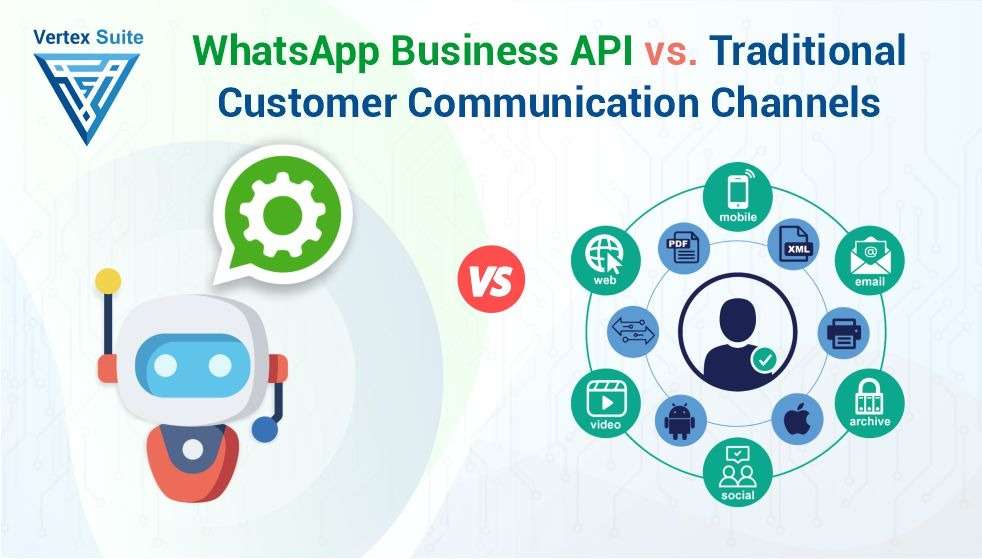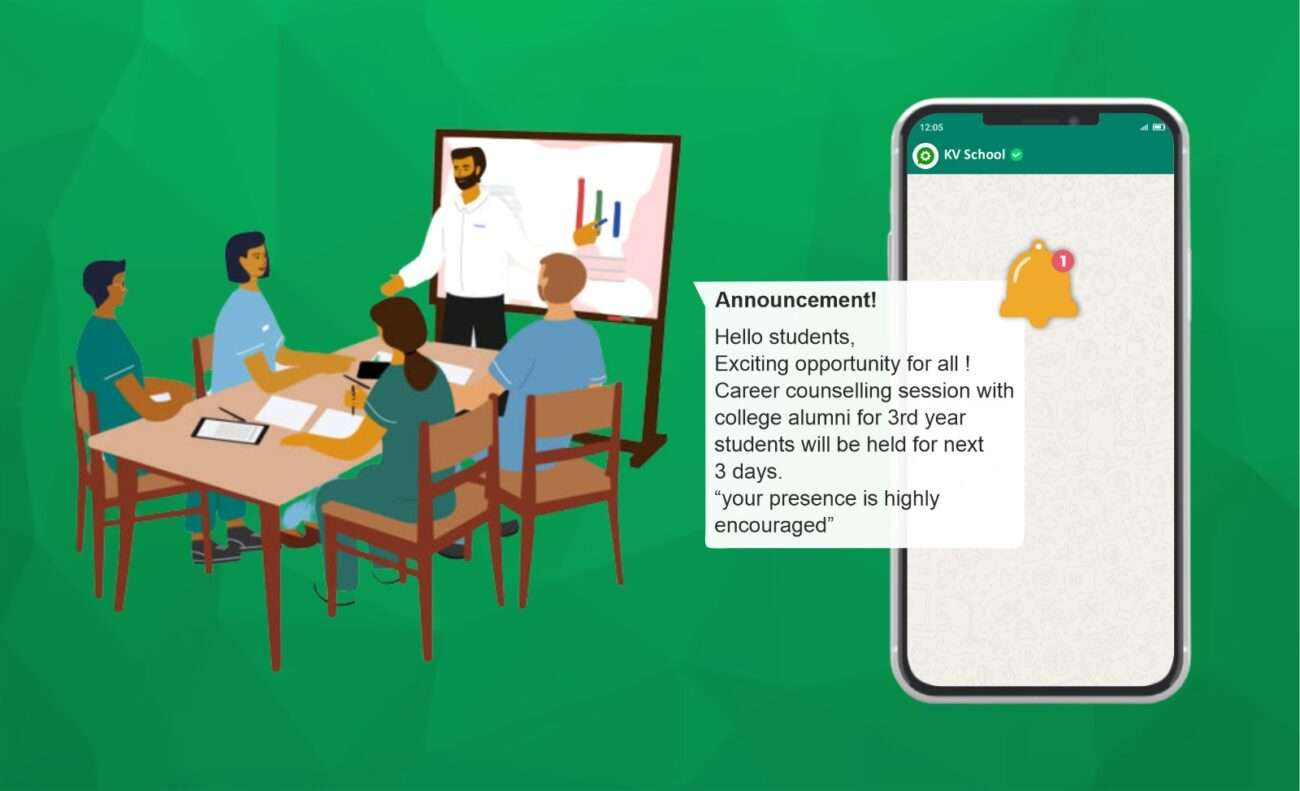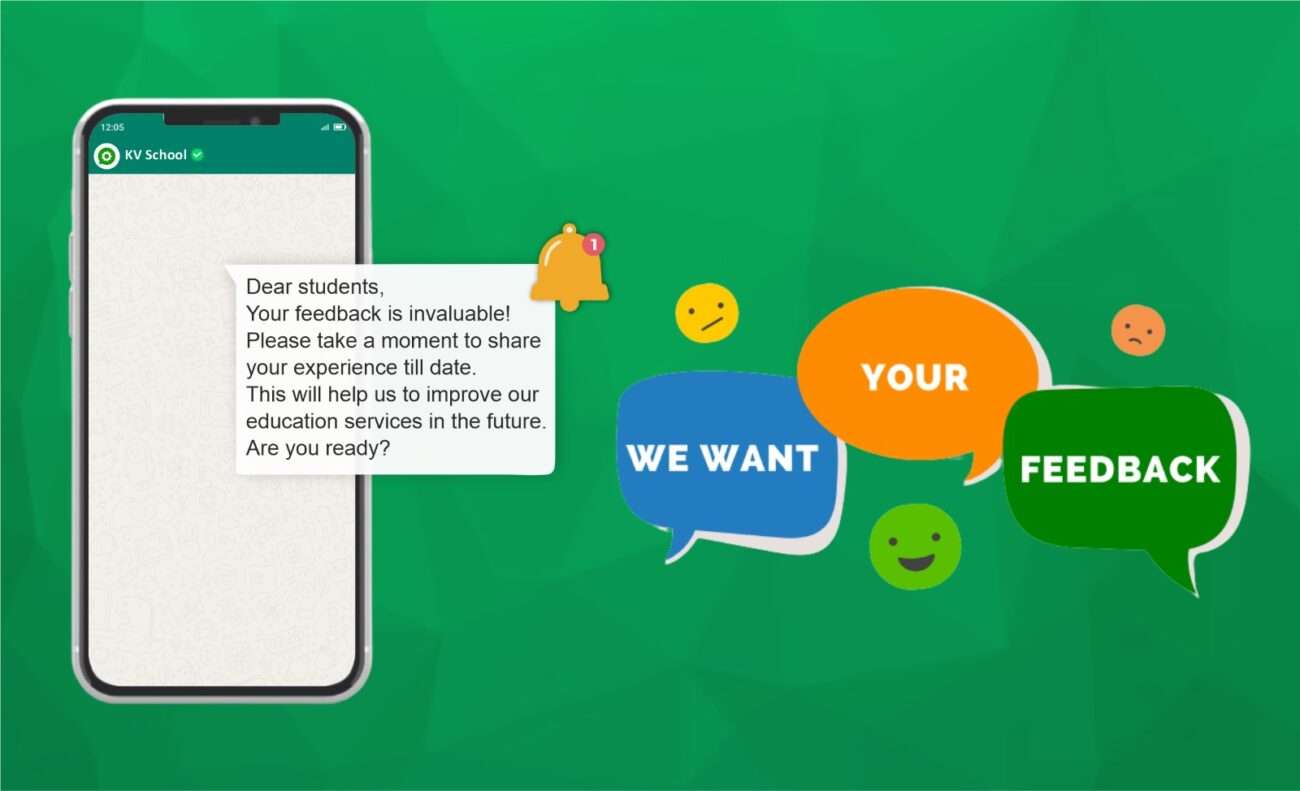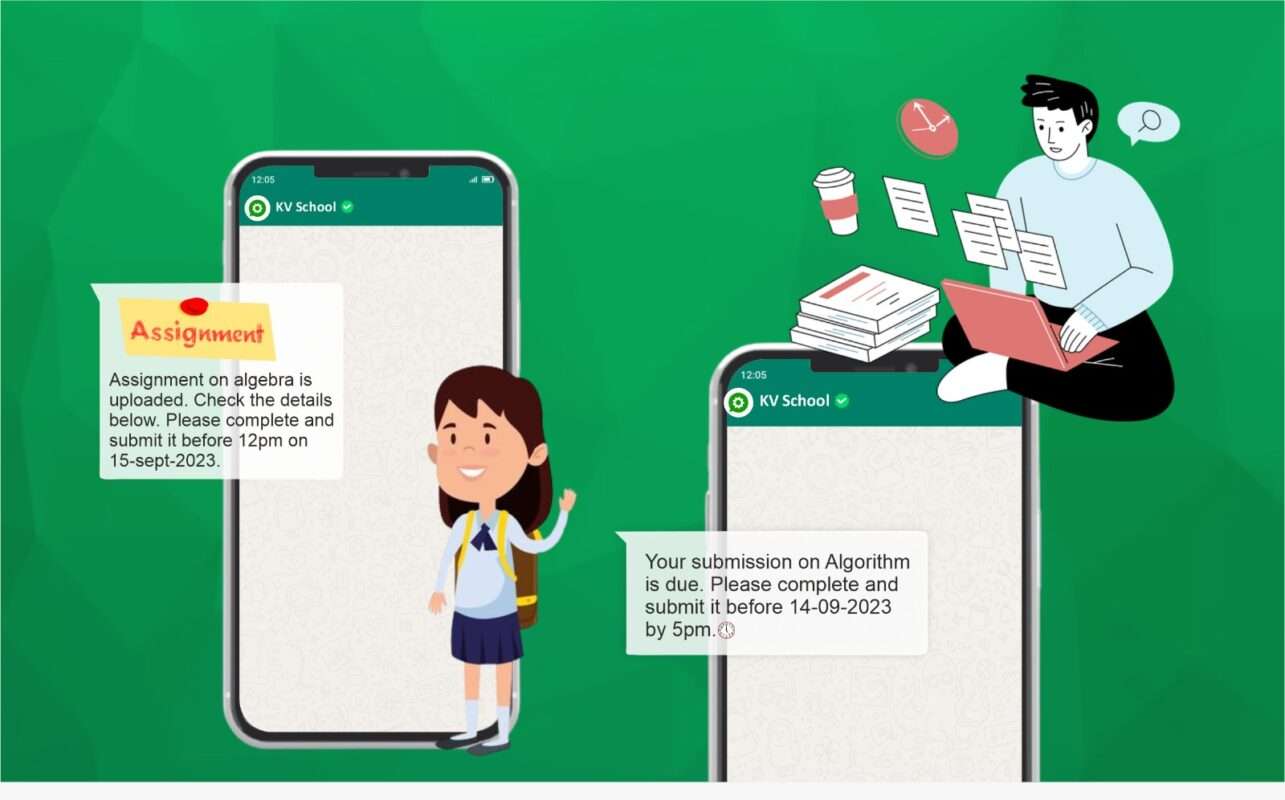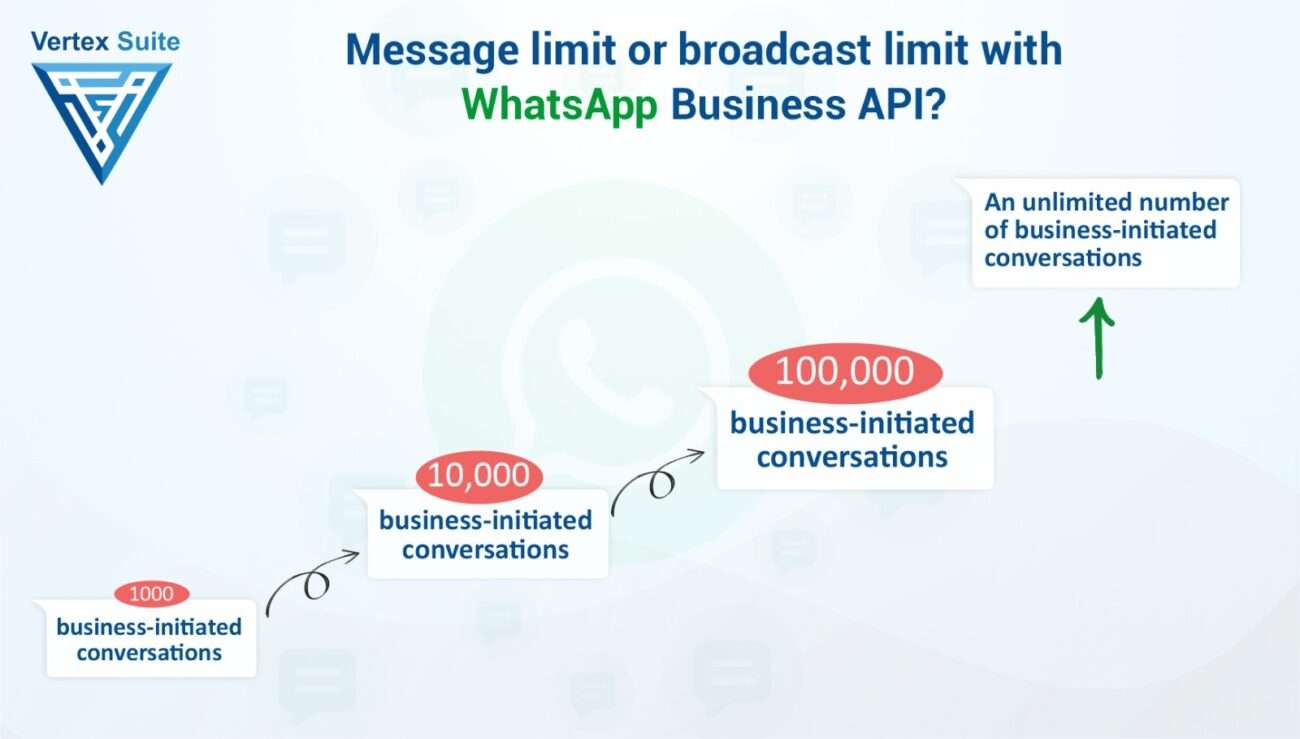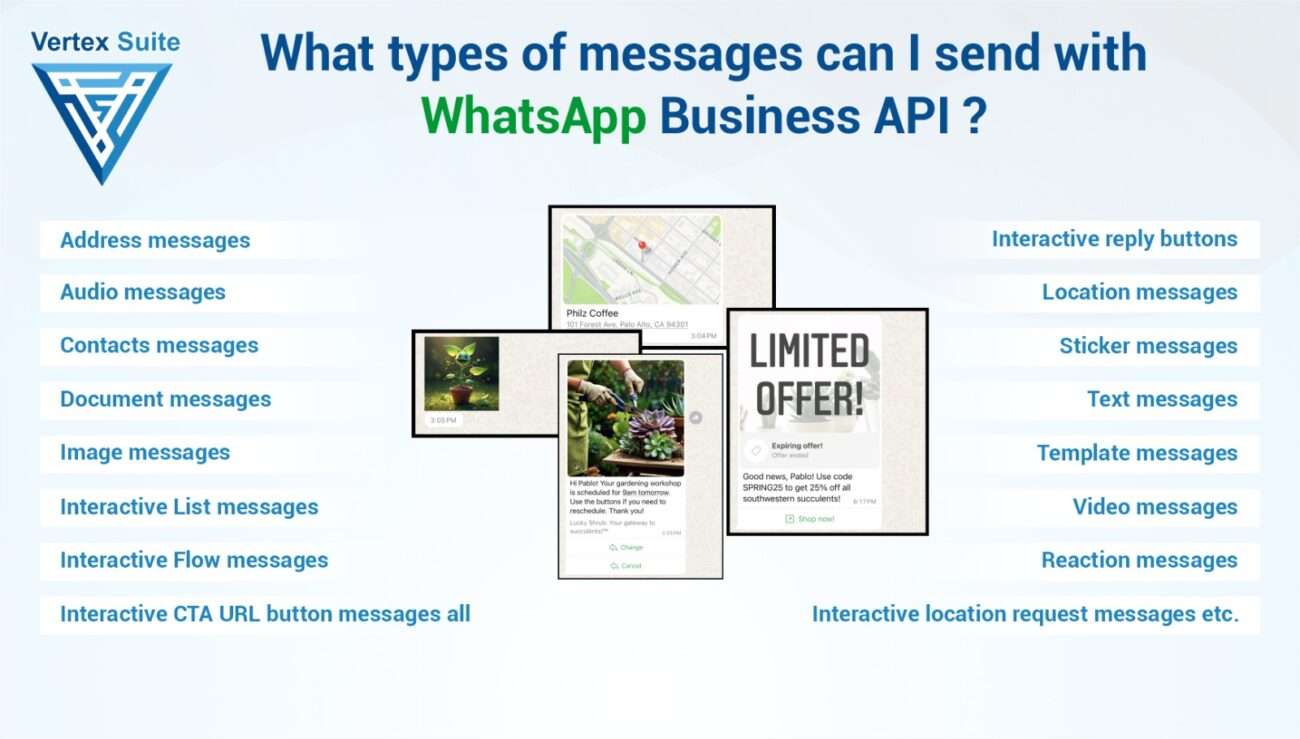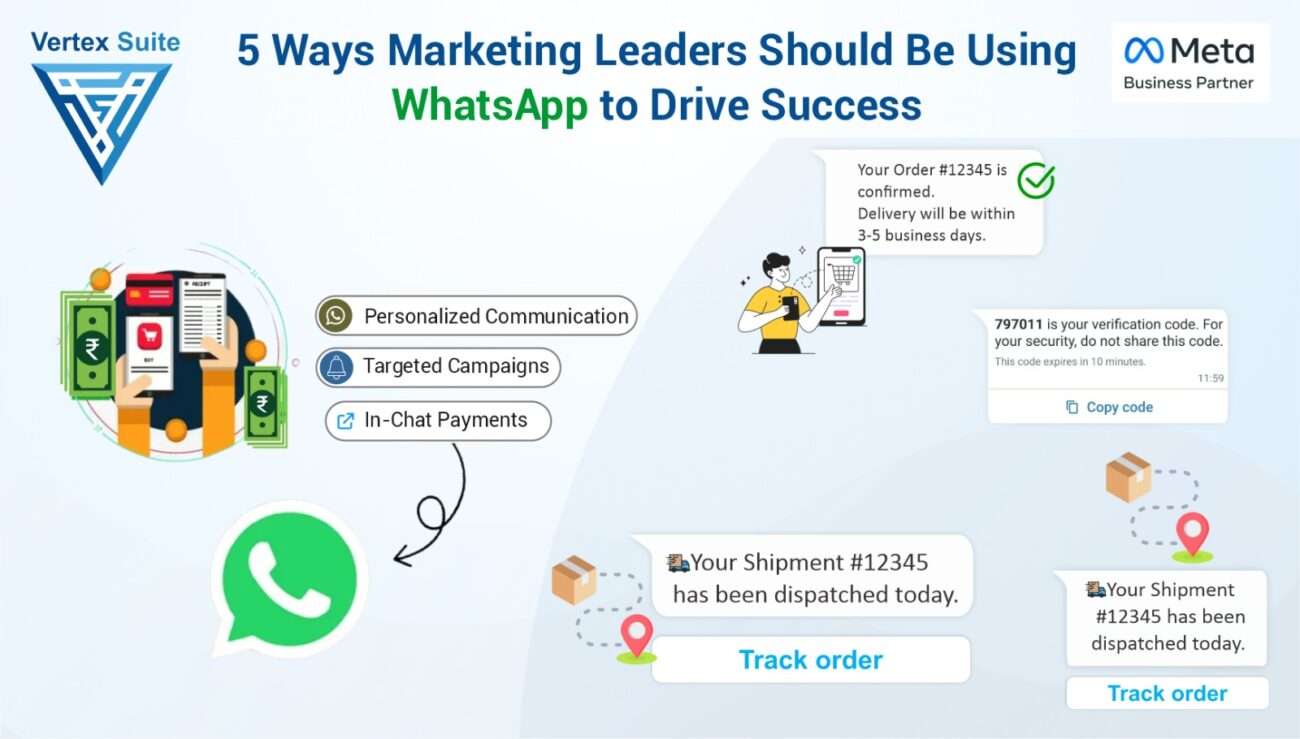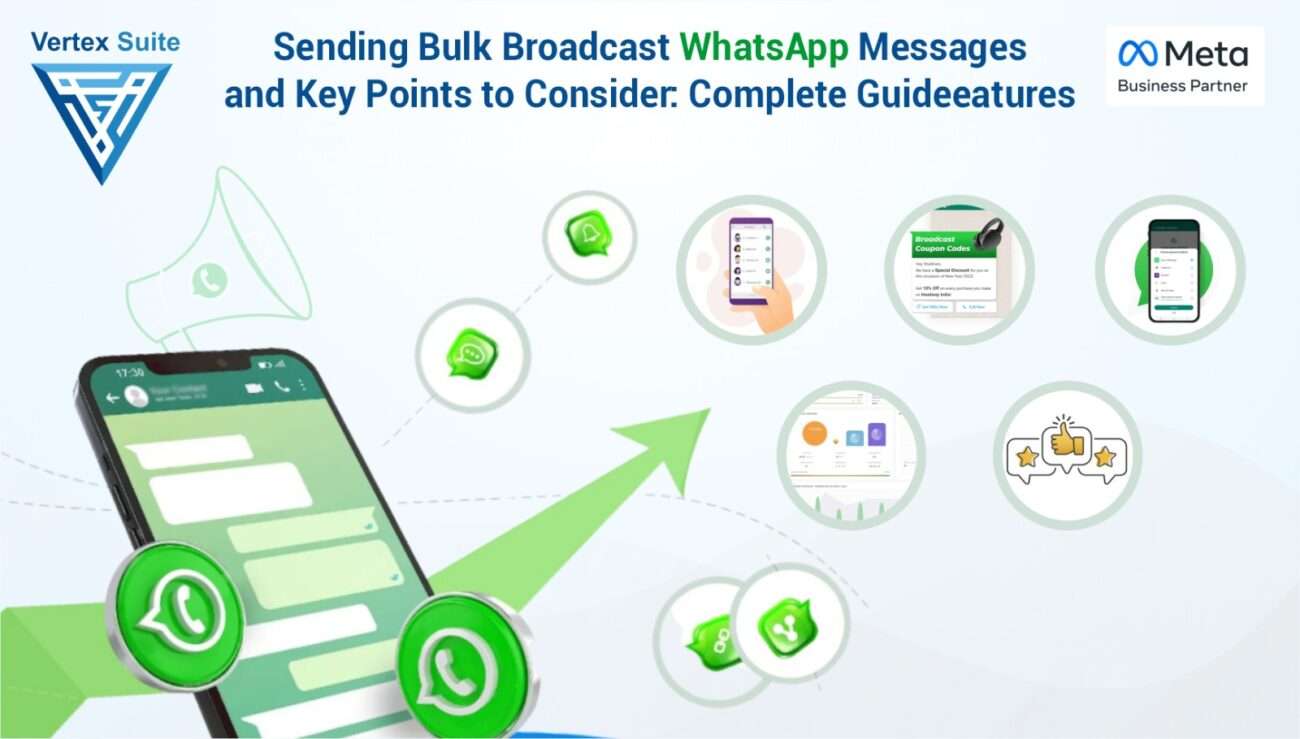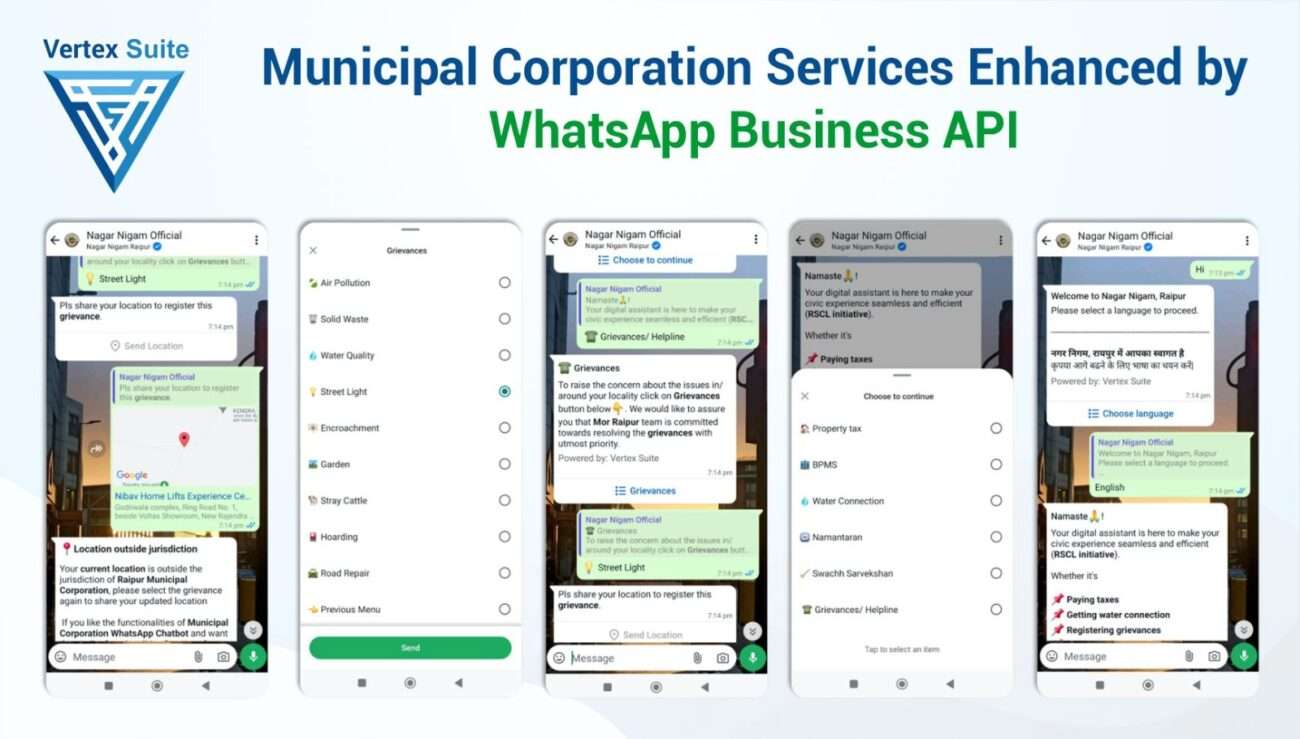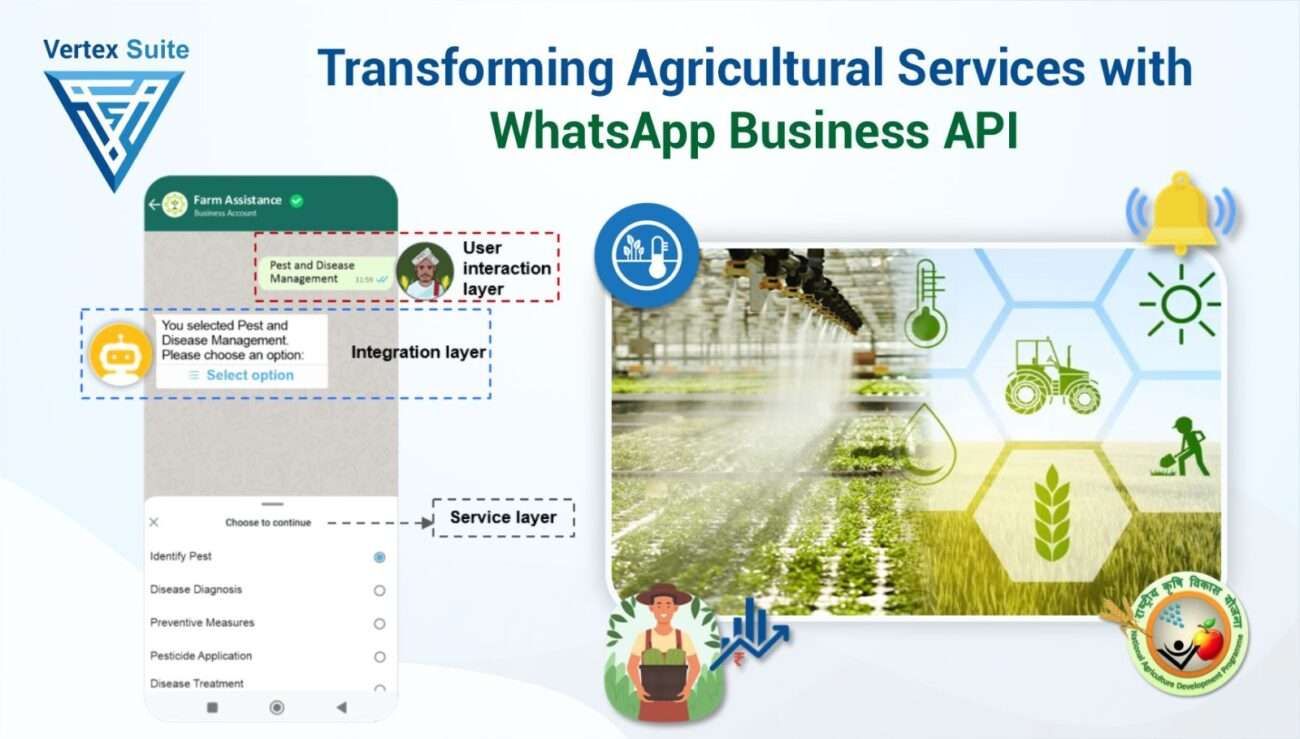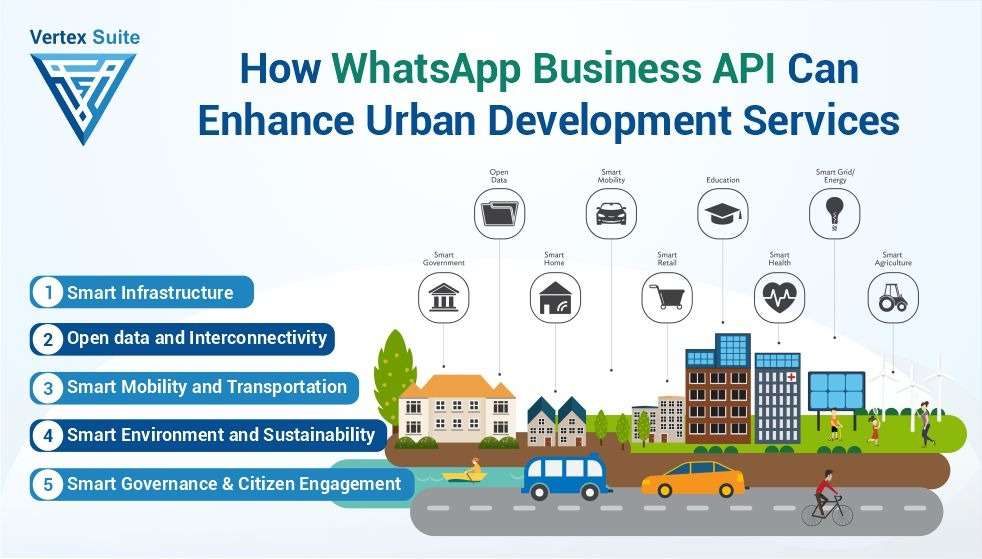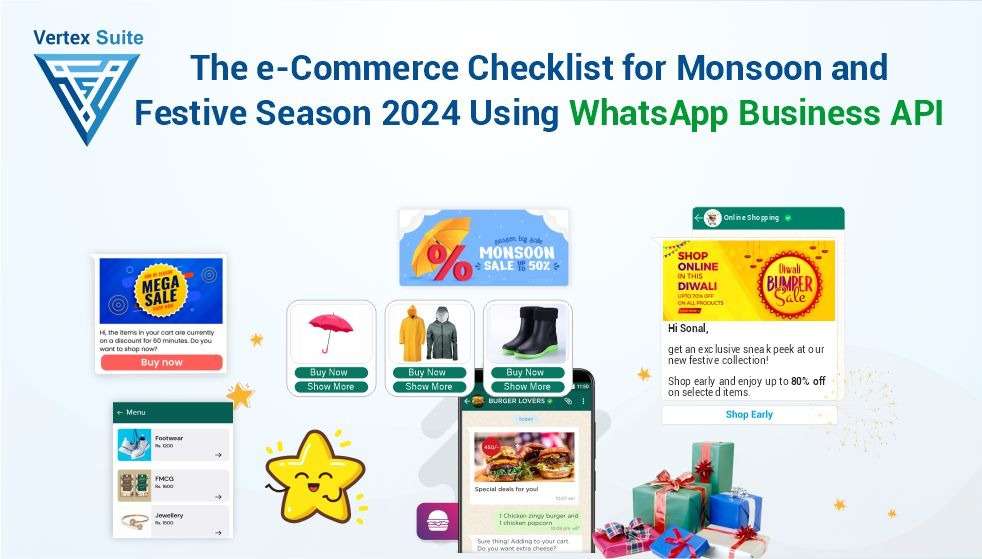In today's advanced technology era, every business field is using new communication channels to connect with customers in a better way and choosing communication channels is an important decision because this decision has a significant impact in increasing satisfaction rates in the better choice. In this context, compared to other communication channels like email, SMS, calling etc., WhatsApp Business API has emerged as a powerful tool that provides a versatile and efficient way for businesses to interact with their customers. With the help of its centralized dashboard, businesses can share images, videos, documents and location along with text to their customers, which is a very effective way of marketing.
In this article, we will tell you about traditional communication channels and WhatsApp marketing tools so that you can be successful in thinking which marketing tool can be better for your business. In this analysis, we will highlight the benefits of WhatsApp while talking to you in terms of cost-effectiveness, efficiency, user engagement and customer satisfaction.
Key Points
1. Advantages of WhatsApp over Email, SMS, and Phone Calls
2. Cost-effectiveness and Efficiency
3. User Engagement Rates and Customer Satisfaction
4. Case Studies Highlighting the Differences
Advantages of WhatsApp compared to email, SMS and phone calls
Real-time communication: With the help of WhatsApp Business API, you can send instant messages and also enable real-time communication which can have a slight delay with SMS or email.
Rich media support: WhatsApp Business API supports multimedia messages including images, videos and documents for your business which provides more dynamism to engage customers than just text SMS.
Interactive features: With the help of this WhatsApp Business API, you can allow interactive communication through quick replies, buttons and automated responses, which is not possible with traditional SMS or phone calls.
High open rate: The opening rate of the messages sent by it is 70% higher than email and SMS, which ensures that the message sent by you will be acted upon as soon as possible.
Cost-effectiveness and Efficiency
WhatsApp: Very inexpensive, especially for businesses that need to send a lot of messages. APPI can automate a lot of the work, reducing the need for more staff.
Email: Despite being relatively cheap, emails often get lost in spam filters and have low engagement rates.
SMS: Can be expensive, especially in international communications. Content limited and less engaging.
Phone calls: Not scalable to handle a large customer base, and require more time and resources.
User Engagement Rates and Customer Satisfaction
WhatsApp: WhatsApp, WhatsApp Business, WhatsApp Business API is known for its high engagement rates due to its ubiquitous use in your business field and the nature of instant messaging. Customers are more likely to read and respond to WhatsApp messages.
Email: Engagement rates for messages sent by businesses can vary widely, but are generally lower than WhatsApp. Many emails go unread or are deleted.
SMS: SMS has great engagement rates for your business but it takes away the rich media potential by not supporting images, videos, etc.
Phone calls: While personal, they can be intrusive and are often ignored when coming from unknown numbers.
Case Studies Highlighting the Differences
1. Retail Sector:
A retail company using WhatsApp Business API saw a 61% increase in customer response rates compared to email campaigns. They used WhatsApp to send personalized offers, order confirmations, and customer support messages with the help of WhatsApp API.
2. Healthcare:
A healthcare department switched from SMS to WhatsApp for appointment reminders and patient follow-ups. They saw a 40% reduction in missed appointments and improved patient engagement with health tips shared via WhatsApp.
3. Travel Industry:
A travel agency provided instant customer support and booking confirmations with the help of WhatsApp API. Here, compared to phone calls, they were able to handle 55% more queries with a higher customer satisfaction rate due to the convenience of chat-based support.
|
Feature |
WhatsApp Business API |
|
SMS |
Phone Calls |
|---|---|---|---|---|
|
Real-time Communication |
Yes |
No |
Yes |
Yes |
|
Rich Media Support |
Yes (images, videos, documents) |
Limited (attachments) |
No |
No |
|
Interactive Features |
Yes (quick replies, buttons) |
No |
No |
No |
|
Open Rates |
Very High |
Moderate to Low |
Moderate |
High |
|
Cost-effectiveness |
High |
High |
Moderate to High |
Low |
|
User Engagement |
Very High |
Moderate |
Moderate |
High |
|
Automation |
Yes |
Yes |
Limited |
No |
|
Global Reach |
Yes |
Yes |
Limited by SMS costs |
Limited by call costs |
|
Customer Satisfaction |
High |
Moderate |
Moderate |
High but potentially intrusive |


